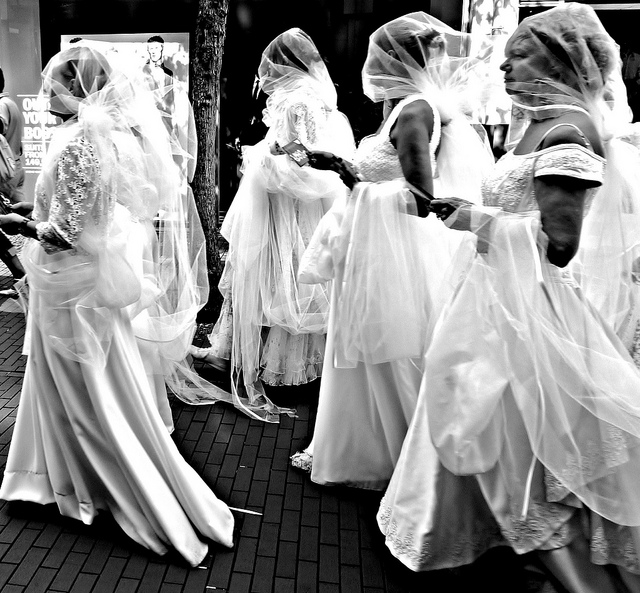You’re Not Losing Anything The First Time You Have Sex

So, if having sex for the first time somehow brings with it the wisdom and independence that adults are supposed to have, why do we only employ a negatively charged jargon of loss and corruption to describe it?
The “loss of virginity” is equated to the loss of innocence, but innocence isn’t necessarily a quality that should be protected indefinitely as one ages. The gaining of new experiences, in particular those like sadness and disappointment, rather than simply aging is what actually differentiates a child from an adult. In the same way, experiencing sex adds a new dimension to one’s senses, emotional depth and worldliness.
READ MORE: Art Student Will Lose Virginity In Front Of Audience
Associating sexual experience with loss, and all of the fear, anxiety and silence surrounding a loss does a disservice to all “virgins” by turning something natural and enjoyable into a tainted act to be diligently avoided. But it in particular harms women, to whom the labels "virgin" and “virginity” are most commonly applied, and whose sexuality is already aggressively policed in society. If the physical act of sex is to be avoided by women who must still display sexual features like large breasts and rounded hips to be considered attractive, it would seem that female sexuality exists solely for the benefit of others - namely, men.
Statistics support the observation that men gain more from female sexuality than women themselves; the orgasm deficit is the most salient, persistent quantifiable disparity in sexual enjoyment between the sexes. Add the fact that the deficit is even more pronounced among college students (34 percent of college women say they rarely or never orgasm during hookups, compared with 6 percent of men), and it’s easy to see that women are giving sexual pleasure a lot more than they are receiving it.
The dismal state of sexual enjoyment today enables the perpetuation of a vocabulary of acquisition used to discuss the act of having sex. But women don’t seem to be acquiring very much: they lose their virginity (the majority presumably to men) when they have their first sexual experience and if society would have it, their personal worth every time thereafter for the small possibility that they will actually enjoy themselves. Rather than allowing for a mutually satisfying experience, the existing dynamic of men taking and women giving induces feelings of superiority for the takers and shame for the givers.
Gaining that elusive mutual satisfaction that is part of adulthood starts with diminishing the gendered power disparity that is enabled by the way we talk about sex. The first necessary change is eliminating the concept of “loss” and replacing it with a simple “I had sex,” asserting ownership of one’s own sexuality.
Get the latest "Unpopular Opinions" biweekly Thursdays or read more here. Reach Columnist Ashley Yang here; or follow her on Twitter.



